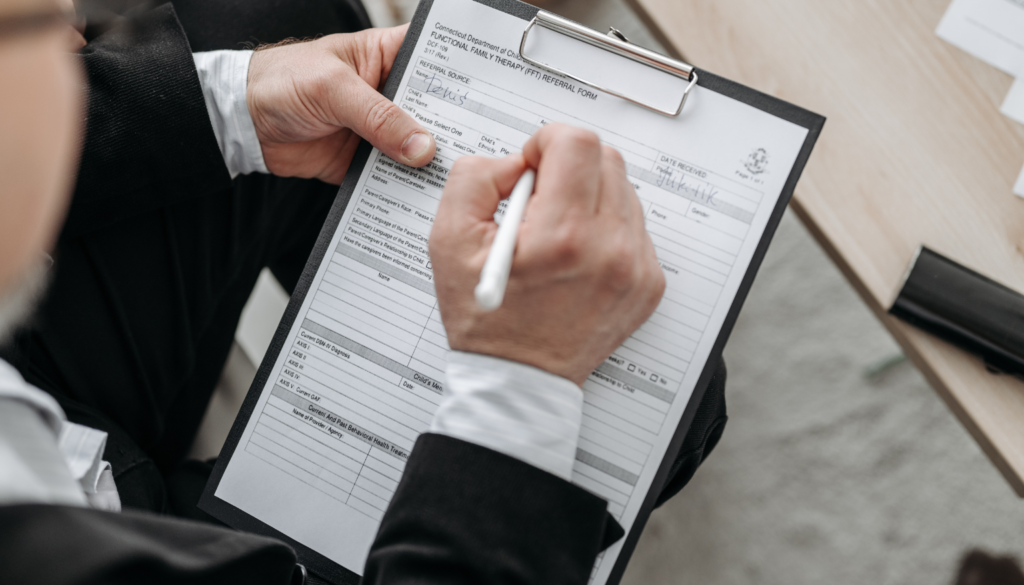In today’s interconnected world, the demand for Document Legalization in UAE has grown significantly. Whether you are relocating for work, establishing a business, enrolling in a university, or getting married, legalizing your documents is a crucial step to ensure they are officially recognized by UAE authorities. But what exactly does document legalization entail, and why is it so important?
This comprehensive guide explains everything you need to know about document legalization in the UAE, including the process, requirements, types of documents involved, and how to avoid common pitfalls. By the end, you’ll be well-equipped to manage this crucial procedure smoothly and efficiently.
What is Document Legalization in UAE?
Document legalization is the process of verifying the authenticity of documents so they are accepted in a foreign country. In the context of the UAE, it involves getting documents issued in another country attested by the relevant authorities in both the origin country and the UAE.
The process serves to confirm that the signatures, stamps, and seals on a document are valid. This is especially important for official documents such as birth certificates, marriage licenses, educational diplomas, commercial documents, and powers of attorney.
Why is Document Legalization Required in the UAE?
The UAE has strict legal and administrative requirements when it comes to recognizing foreign documents. Legalization ensures that documents presented to local institutions and government bodies are genuine and legally acceptable.
Some common situations where legalization is required include:
- Employment Visa Processing: Employers often require attested educational and experience certificates to obtain a work visa for expatriates.
- Marriage Registration: Couples may need to legalize foreign-issued marriage certificates.
- Business Setup: Investors and entrepreneurs must legalize commercial documents like powers of attorney, articles of association, and board resolutions.
- Educational Admissions: Students applying to UAE universities must present legalized academic records and transcripts.
- Property Transactions: Power of attorney or inheritance documents must be attested for real estate dealings.
Without proper legalization, your documents may be rejected, causing delays or even legal complications.

Key Steps in the Legalization Process
Legalizing a document for use in the UAE typically involves a multi-step process. While the exact procedure may vary depending on the document type and country of origin, the general steps include:
Notarization in the Country of Origin
The first step involves having the document notarized by a licensed notary public. This confirms that the document is legitimate and the signatures on it are genuine.
Attestation by the Foreign Ministry
Once notarized, the document must be submitted to the Ministry of Foreign Affairs (MOFA) or equivalent authority in the country where the document was issued. This adds an official government seal to confirm the notary’s credentials.
UAE Embassy Attestation
Next, the document is sent to the UAE Embassy or Consulate in the originating country. This ensures the UAE authorities recognize the document as valid and appropriately attested.
Ministry of Foreign Affairs (UAE) Attestation
After arriving in the UAE, the document must be presented to the UAE Ministry of Foreign Affairs (MOFA) for final attestation. This is the last and most critical step to legalize the document for use in the Emirates.
Types of Documents That Need Legalization
Legalization may be required for various categories of documents. These include:
Personal Documents
- Birth and death certificates
- Marriage and divorce certificates
- Educational degrees and diplomas
- Police clearance certificates
- Medical records
Commercial Documents
- Memorandum of Association (MOA)
- Articles of Association (AOA)
- Board resolutions
- Powers of attorney
- Invoices and contracts
- Trade licenses
Legal Documents
- Affidavits
- Court judgments
- Inheritance certificates
- Adoption papers
- Custody agreements
Each document type may follow slightly different procedures, so it’s vital to consult with a qualified attestation or legal service provider in the UAE.
Document Legalization for Different Countries
The process can vary based on the country of origin due to bilateral agreements or unique legal frameworks. For example:
- India, Pakistan, Philippines, Egypt, and Lebanon require embassy attestation and MOFA UAE verification.
- UK, USA, Canada, and Australia require notarization, foreign affairs attestation, and UAE embassy attestation, followed by MOFA UAE.
Countries that are part of the Hague Apostille Convention may not need embassy legalization, but the UAE is not a member of this convention. Therefore, apostille certificates alone are not sufficient for the UAE; embassy attestation is mandatory.

Time and Cost for Legalization in UAE
The time and cost of document legalization can vary depending on:
- The number of documents
- Country of origin
- Type of document
- Speed of processing (normal vs urgent)
Typically, it takes 5–15 working days for full legalization, although expedited services are often available for an extra fee. Costs can range from AED 100 to AED 1000 per document, depending on the complexity and jurisdiction.
Common Challenges and How to Avoid Them
Legalization may seem straightforward, but several challenges can arise:
Missing or Incomplete Information
Documents with missing signatures, stamps, or incorrect names may be rejected. Ensure all details are accurate and consistent.
Non-Recognized Notaries
Only documents notarized by recognized authorities will be accepted. Use licensed notaries and double-check their credentials.
Incorrect Translation
If your document is not in Arabic or English, a certified translation is required. Poor translations can lead to delays or rejections.
Not Understanding Local Rules
Each emirate in the UAE may have different requirements or processes. Working with a local expert ensures compliance with all legal standards.
Why Use a Legalization Service?
Given the complexity and potential pitfalls of the process, many individuals and companies choose to work with professionals who specialize in document legalization. These experts can handle the entire procedure—from notarization to MOFA attestation—saving you time, effort, and possible legal trouble.
They also offer valuable support in:
- Tracking documents
- Ensuring accurate translations
- Managing embassy interactions
- Providing timely updates and delivery
If you’re looking for trusted professionals who offer document attestation and legalization services in UAE, you can visit Notario Lawyers UAE.
Final Thoughts
Document legalization in the UAE is a critical step for anyone dealing with official, legal, or academic documents issued abroad. Whether you’re moving for work, launching a business, or managing family affairs, having your documents properly legalized ensures they’re accepted without delays or disputes.
Understanding the requirements and working with qualified professionals can save you from costly mistakes and streamline the process. While it may involve multiple steps and agencies, successful legalization guarantees that your documents hold full legal value in the UAE.
Prepare thoroughly, seek guidance where needed, and ensure that your paperwork meets all the standards set by the UAE authorities. With the right support and attention to detail, document legalization can be a smooth, efficient, and stress-free process.

